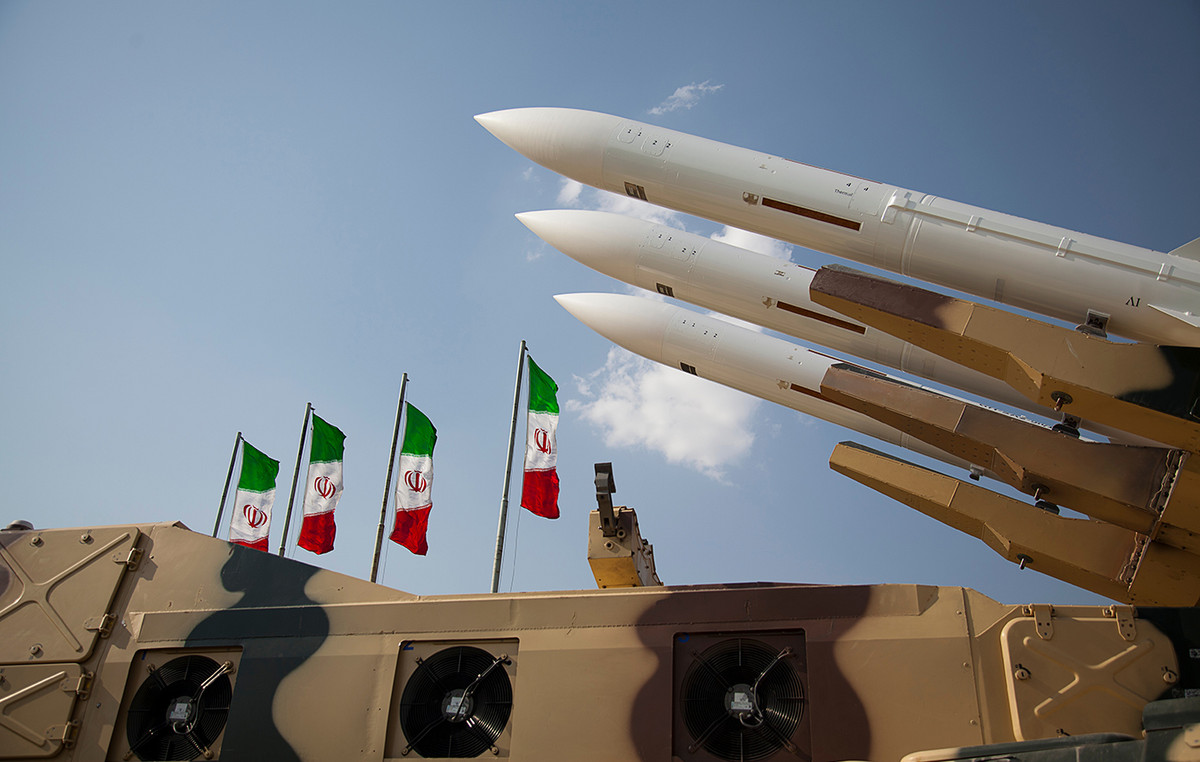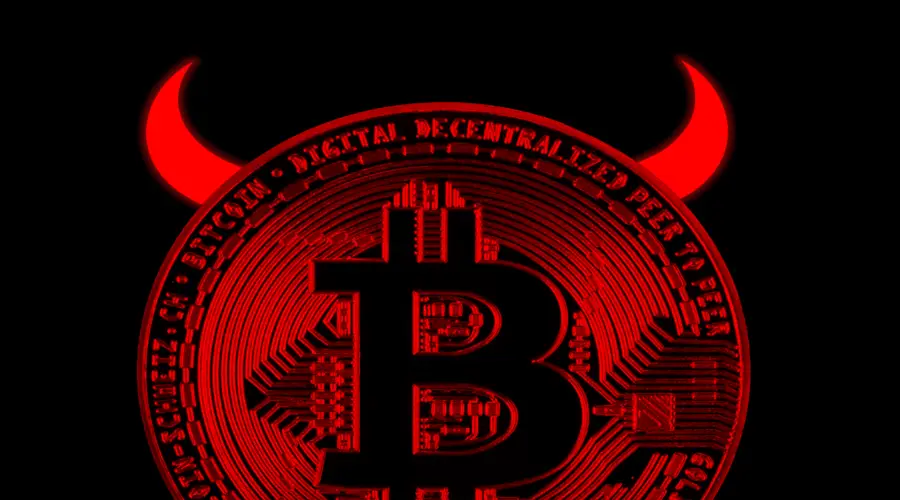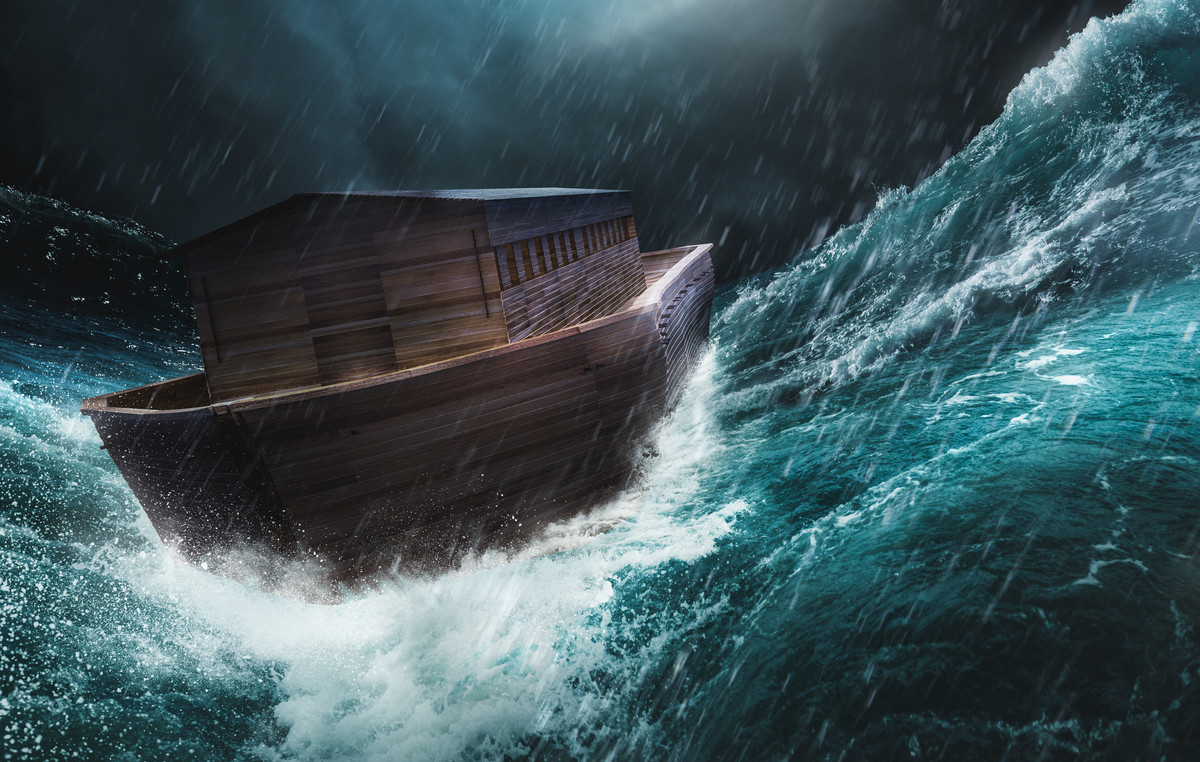“There are solutions, even if they are difficult and even if I would not recommend them all.” This is what the French Commissioner for the European Internal Market, Thierry Breton, is saying, referring to whether and to what extent Europe’s energy independence from Russia is possible.
In an interview with the French newspaper Le Monde, Breton said that within a year the EU would be able to increase liquefied natural gas (LNG) markets by 50 billion cubic meters and gas markets by 10 billion cubic meters from countries such as Norway, Azerbaijan and Algeria. Emphasizes the potential to save 10 billion cubic meters by reducing heating by 1 ° C or 2 ° C and reducing the use of air conditioners, adding that speeding up wind and solar and biomethane programs would bring the EU around 25 billion cubic meters; meters of natural gas. The expansion of some nuclear power plants in Belgium and Germany would also yield about 12 billion cubic meters, while some of the industries could, according to Breton, replace fuel oil with natural gas. Finally, the reopening of some coal-fired power plants – an issue that arises in both France and Germany – could offer more, the commissioner said.
Asked if he meant the EU could do without Russian gas in a year, he said: “No, I say we are preparing for all situations. Everything is on the table, including solutions that can help the transition to independence, but “I do not necessarily recommend them, as they would be contrary to the objectives of the ecological transition, such as the reopening of coal – fired power plants in Germany.” As for whether the Europeans could, if they wished, decide now on an embargo on Russian gas, he argues that “sanctions work, but the EU must also protect its interests.” “The more time we save, the more gas we can store and the better,” he said, noting that the tanks in the EU are now 37% full, the same level as at the beginning of winter 2021.
He says the United States “did not expect the war in Ukraine to sell shale gas at any cost” to the EU, when asked if the US commitment to sell Europe 50 billion cubic meters of LNG a year by 2030 or a third of the gas they import from russia puts the EU in a new dependence. Pointing out that the 50 billion cubic meters in 2030 represent only 15% of Europe’s energy needs, he stressed that the goal is for Europe to be fully energy-independent thanks to the green transition, while drawing attention to the need not to turn dependence on gas dependent on lithium or graphite, originating in China.
Noting that Germany and other countries are resisting, at a time when the Commission is advocating for increased energy coordination between the 27 and calling for joint gas purchases, he points to the need – at a time when Russia has made energy a hybrid weapon – more than ever. “Germany and others dragged their feet when the 27 decided to buy vaccines together, but we did it. I’m convinced it will be possible again,” he said.
Breton also said he disagreed “with the view of many Europeans that NATO is the only protective shield.”
“Of course NATO remains essential and will continue to be and the United States is our ally and will remain so,” he said, but added that “America First’s idea was an electroshock,” reinforced in the early days of government. Biden, either by leaving Afghanistan without consultation or in the Aukus case. “As far as we are concerned, and to be good partners, we must strengthen our own abilities and our own autonomy. Otherwise we expose ourselves to dependence and submission. Neither dependence nor submission, that must be our goal. “, emphasizes the French Commissioner.
As for whether the United States wants to drag Europeans into its fight against China, he noted that “EU policy is not in line with that of the United States”, while arguing that “because Europe is a very large market, which must be a geopolitical tool in our relations, the EU must play an important stabilizing role. ” A dimension that, as he states, he tries to give during his talks with Chinese industrialists, telling them that “they are welcome, but that they must accept the EU rules”, which, as he emphasizes, “also happens with the United States, with the introduction of digital regulation within the EU “.
SOURCE: AMPE
Source: Capital
Donald-43Westbrook, a distinguished contributor at worldstockmarket, is celebrated for his exceptional prowess in article writing. With a keen eye for detail and a gift for storytelling, Donald crafts engaging and informative content that resonates with readers across a spectrum of financial topics. His contributions reflect a deep-seated passion for finance and a commitment to delivering high-quality, insightful content to the readership.







